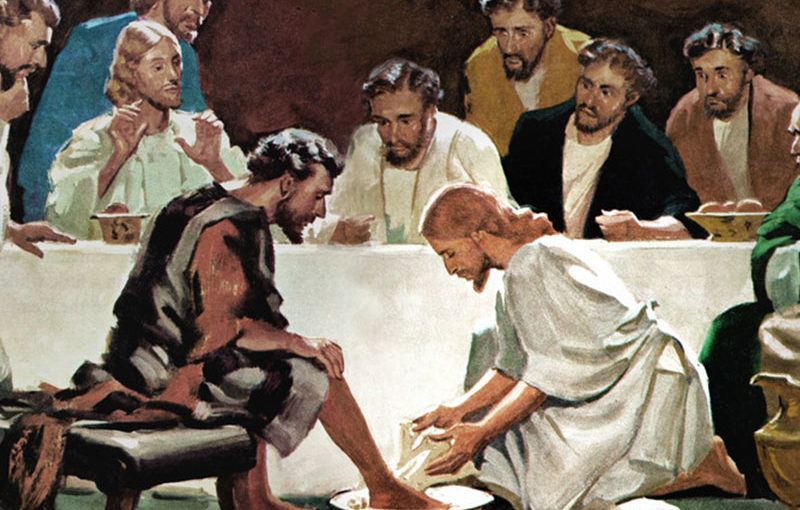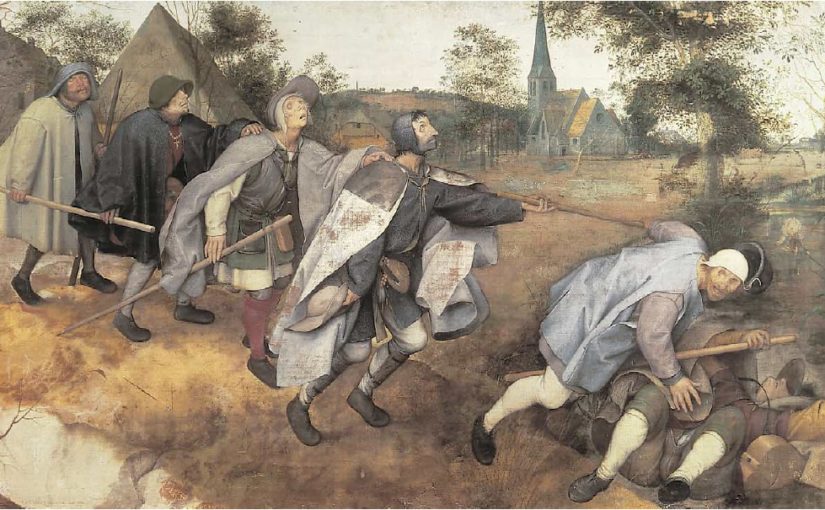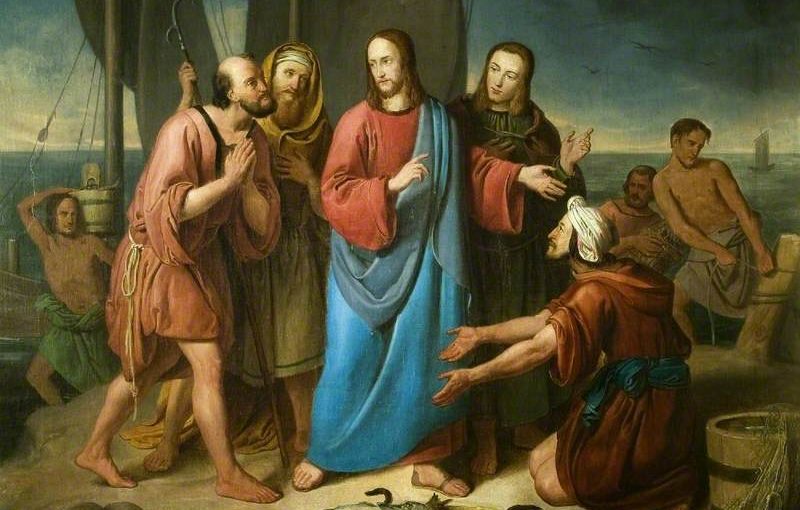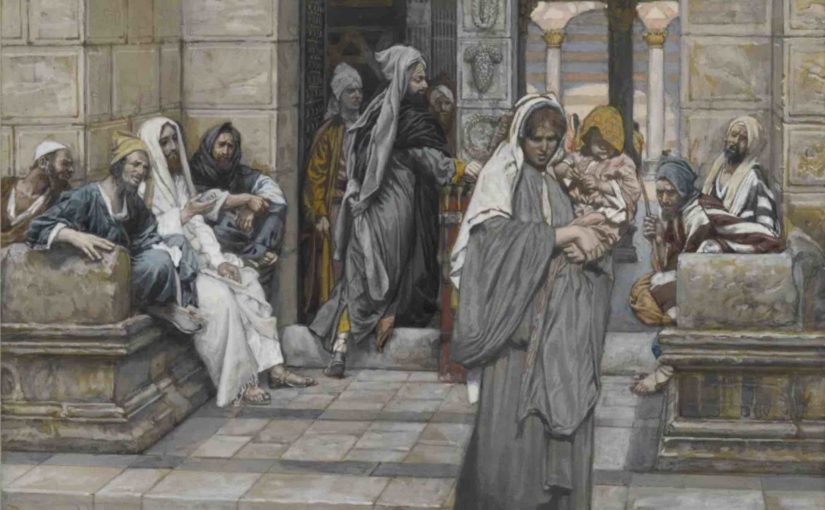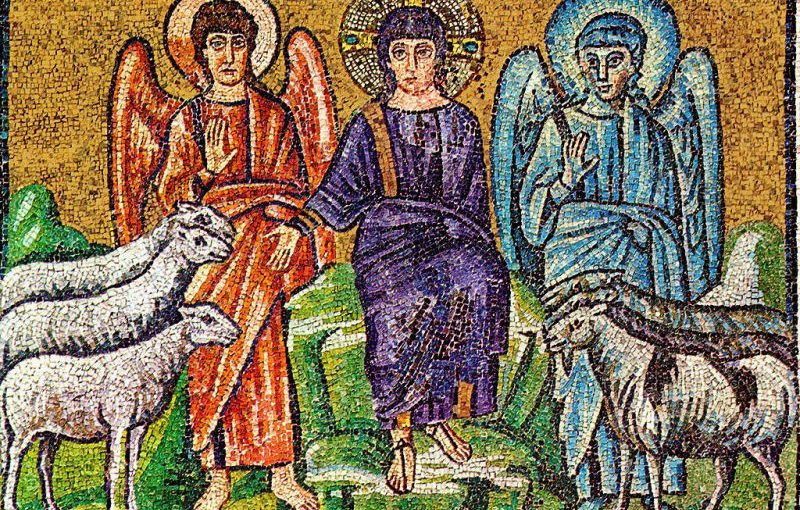Today, we are examining God as our comforter. This post was originally written in 2017 by Michael Summers.
Paul’s letters to the Corinthians are painful to read. Yesterday David asked if any of us had ever experienced having a person we were trying to help question our motives and speak negatively about us to others. I sadly answered yes in my heart as I read David’s prompting.
That experience was difficult for me. Today’s reading challenged me to grow. Especially verses 3-7.
3 Blessed be God, even the Father of our Lord Jesus Christ, the Father of mercies, and the God of all comfort;
God is our comforter. Παράκλησις, translated as comfort here, could also be translated ‘encourage’. It holds in it the element of acceptance, council, and courage. As if to say God is the one who finds our sorrow acceptable (or not) and strengthens us to continue on (if it is acceptable, more on this latter).
Παρακαλέω, translated as comfort three times in verse 4, could also be translated as urge, implore or exhort. This helped me understand the activating (or reactivating) nature of this word as if strengthening one to get back in the fight. God provides us the strength to continue Glorifying Him.
4 Who comforteth us in all our tribulation, that we may be able to comfort them which are in any trouble, by the comfort wherewith we ourselves are comforted of God.
‘That we’ is a purpose clause. God strengthens us so that we may be strengthened and encourage others. Citing God’s character as the Comforter; the source of strength gives God glory.
5 For as the sufferings of Christ abound in us, so our consolation also aboundeth by Christ.
This was the most challenging part for me. The comfort supplied has no limits, so long as our sufferings are in Christ. Put another way, God supplies us with all the comfort we need for righteous suffering.
The question then became, what if the suffering was not righteous? That is, what if the suffering was actually a result of my selfish ambition, seeking my own glory and not God’s? This was my wake up call.
If I did not receive strength and comfort for the sorrow I felt, does it then mean that it was chastening rather than suffering for Christ? I am inclined to consider this deeply. Afterall, are we to believe that all suffering is because we are seeking Christ glory perfectly? If not, as I reflect on a past wound that lingered too long, that sapped my strength when I know it shouldn’t have, I am inclined to think it was due to my sin and pride.
Ouch and amen! God is the righteous One who judges. I am the sinner who is judged. God is the Merciful One who gives grace. I am the one in desperate need of His mercy and grace. Admitting this depravity is the first step to receiving that which I need from God. Confessing our Sin is our humble gate that protects God’s glorious reputation. (see extra credit below)
6 And whether we be afflicted, it is for your consolation and salvation, which is effectual in the enduring of the same sufferings which we also suffer: or whether we be comforted, it is for your consolation and salvation.
We are to thank God for the righteous suffering. We will know it by the degree to which we are supernaturally strengthened. This is to be shared with and passed on to those who suffer. All the time giving glory to God as the Strengthener.
7 And our hope of you is stedfast, knowing, that as ye are partakers of the sufferings, so shall ye be also of the consolation.
Extra Credit: God’s Glory and Confession of Sin
All things were created for God’s glory. (Revelation 4:11, Isaiah 43:7) The proud are too busy seeking their own glory to give God His glory. Confessing our sin proclaims God’s character as holy and His Law as right. (Luke 23:41) Not confessing our sin is a way of blaming God for sin. Notice the first sin and how Adam blames God. (Genesis 3:12) Confessing our sin humbles us and gives God glory. (Joshua 7:19) In summary, when we do not confess our sin it is disagreeing with God, a form of attack on His reputation. When we say, “God I deserve this” it agrees with God and brings Him glory. We were designed to bring God glory. This is one way we can do it. Confessing our sin.
The world says, ‘find your strengths and play them up.” the Word says “Therefore I take pleasure in infirmities, in reproaches, in necessities, in persecutions, in distresses for Christ’s sake: for when I am weak, then am I strong.” (2Corinthians 12:10)

